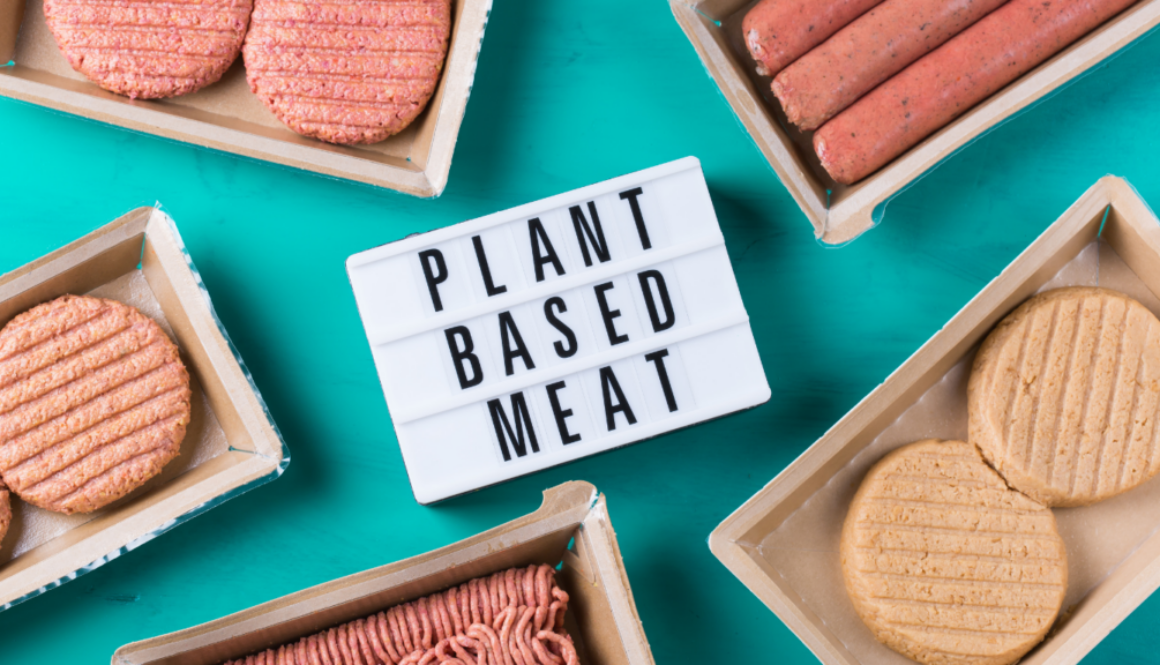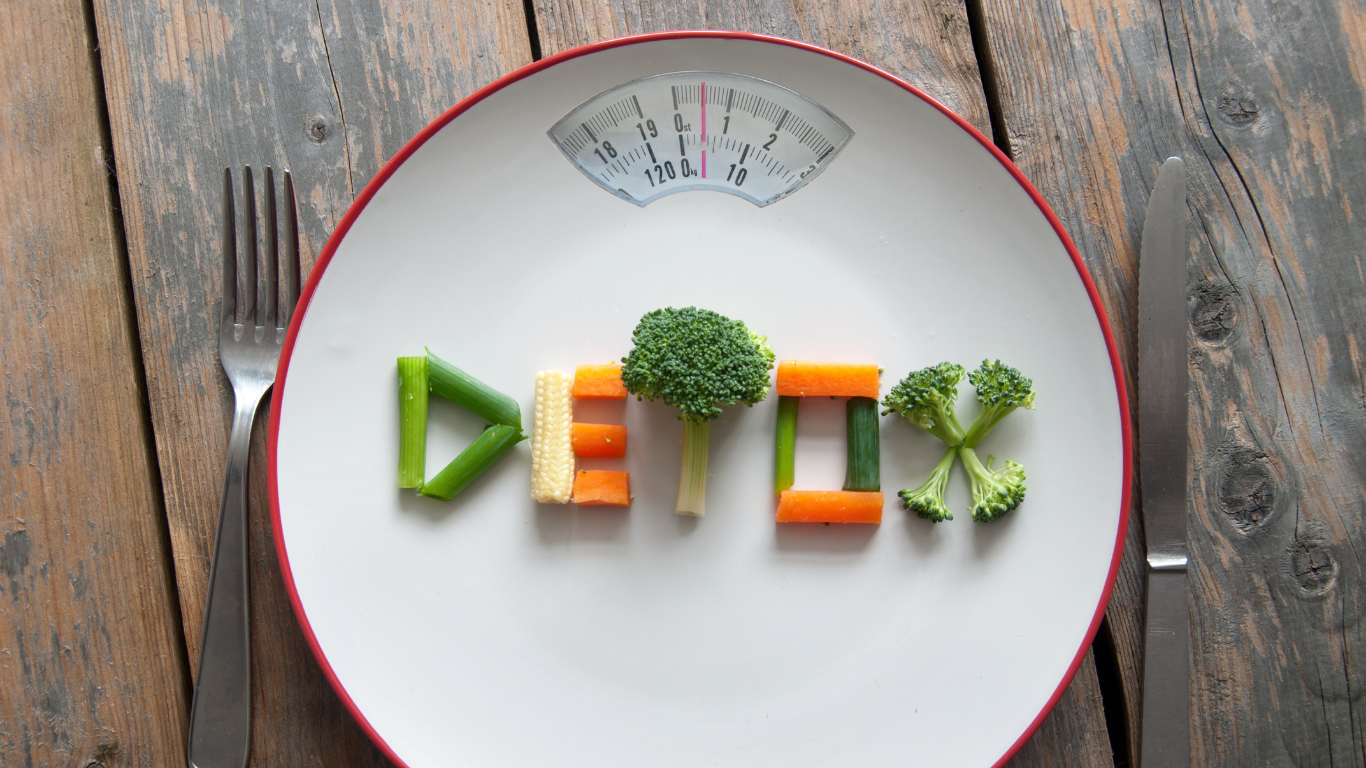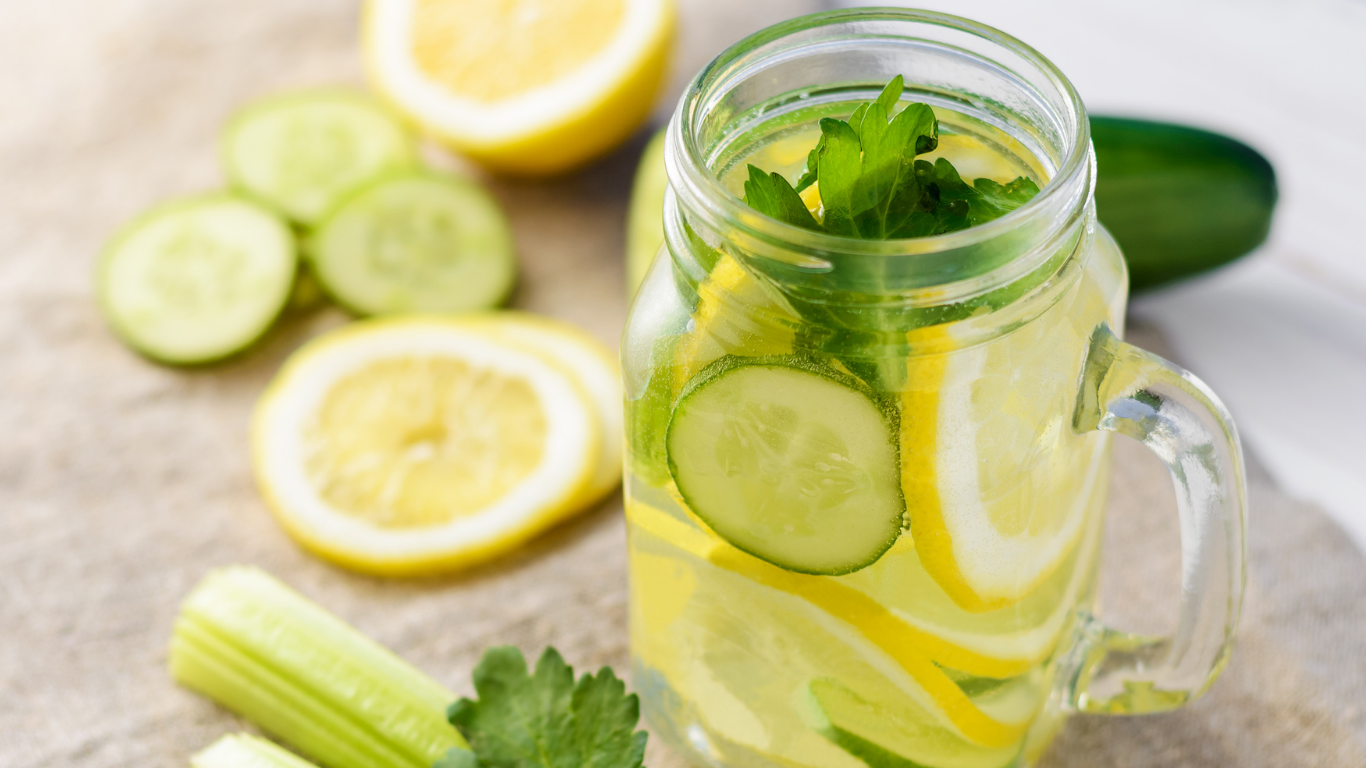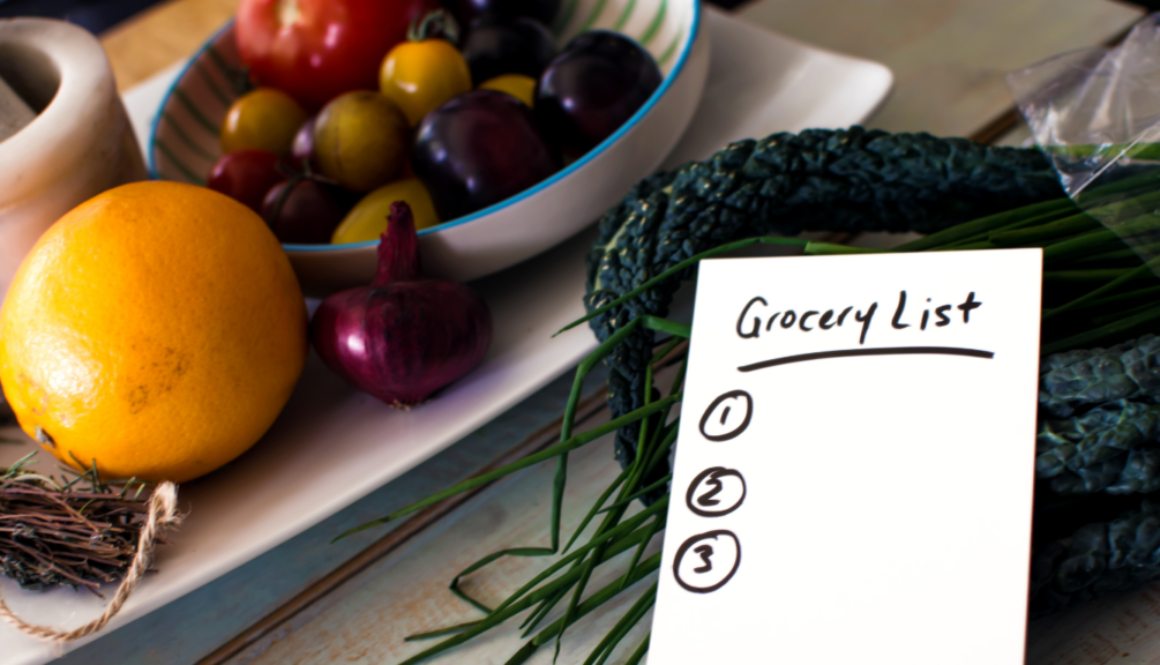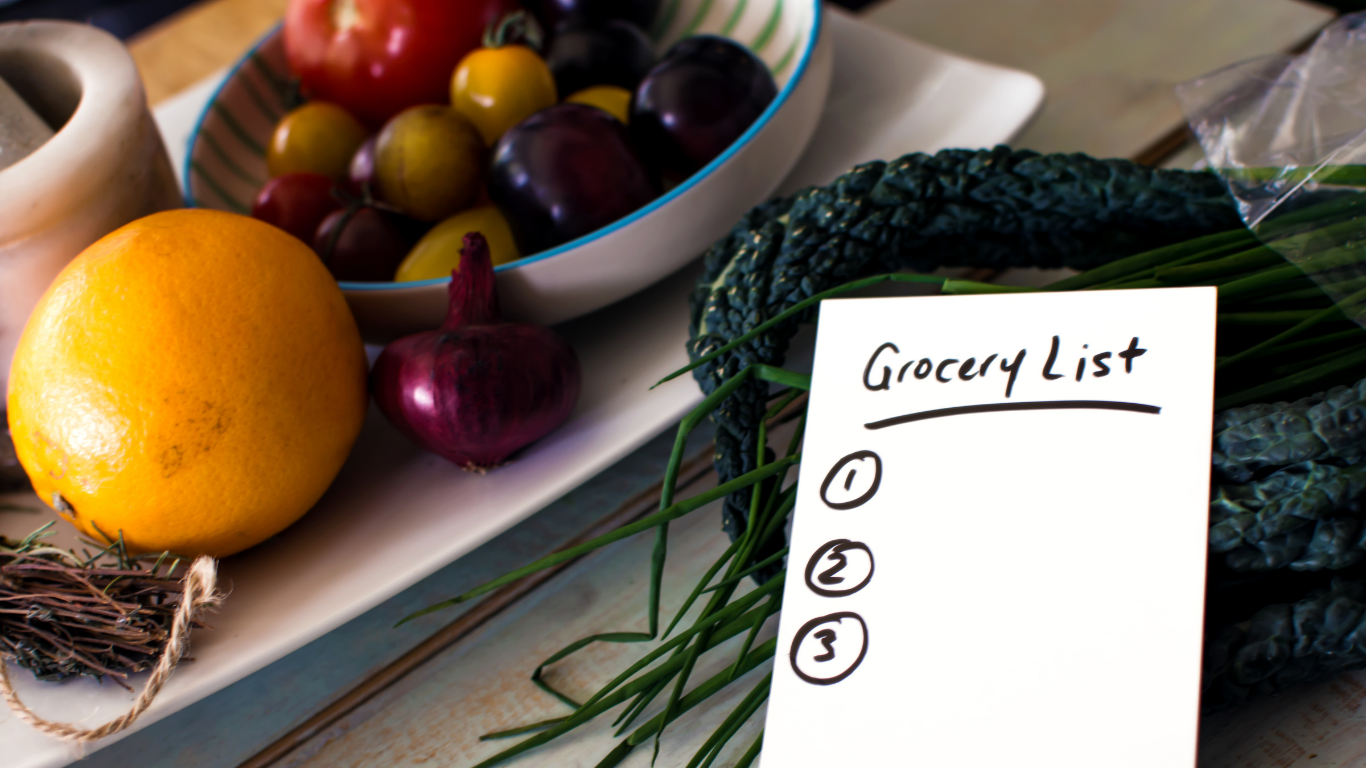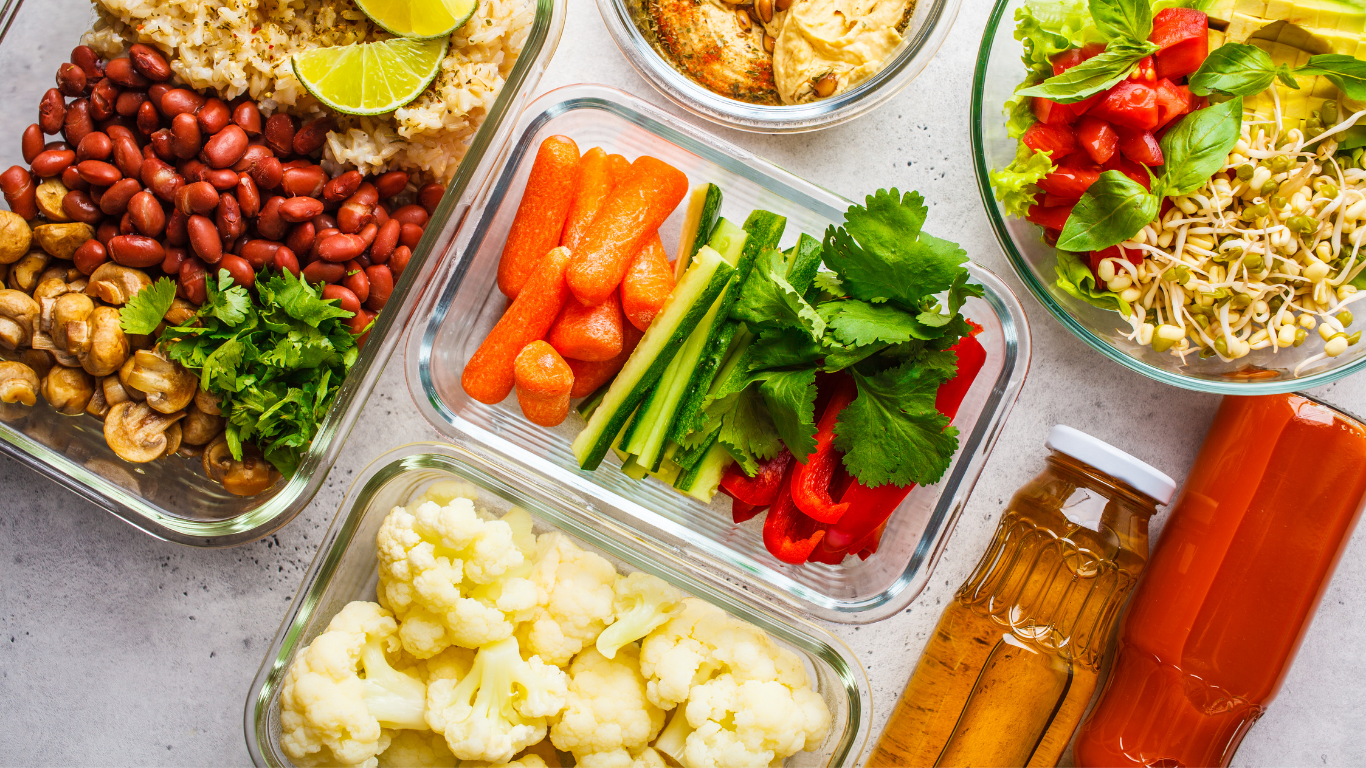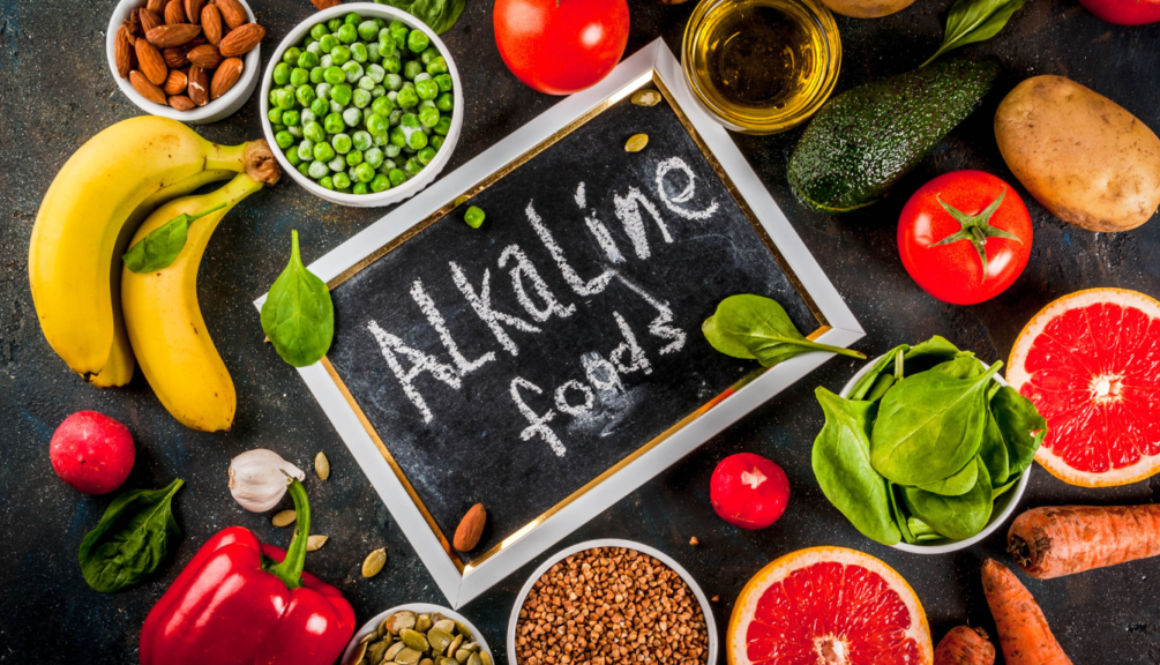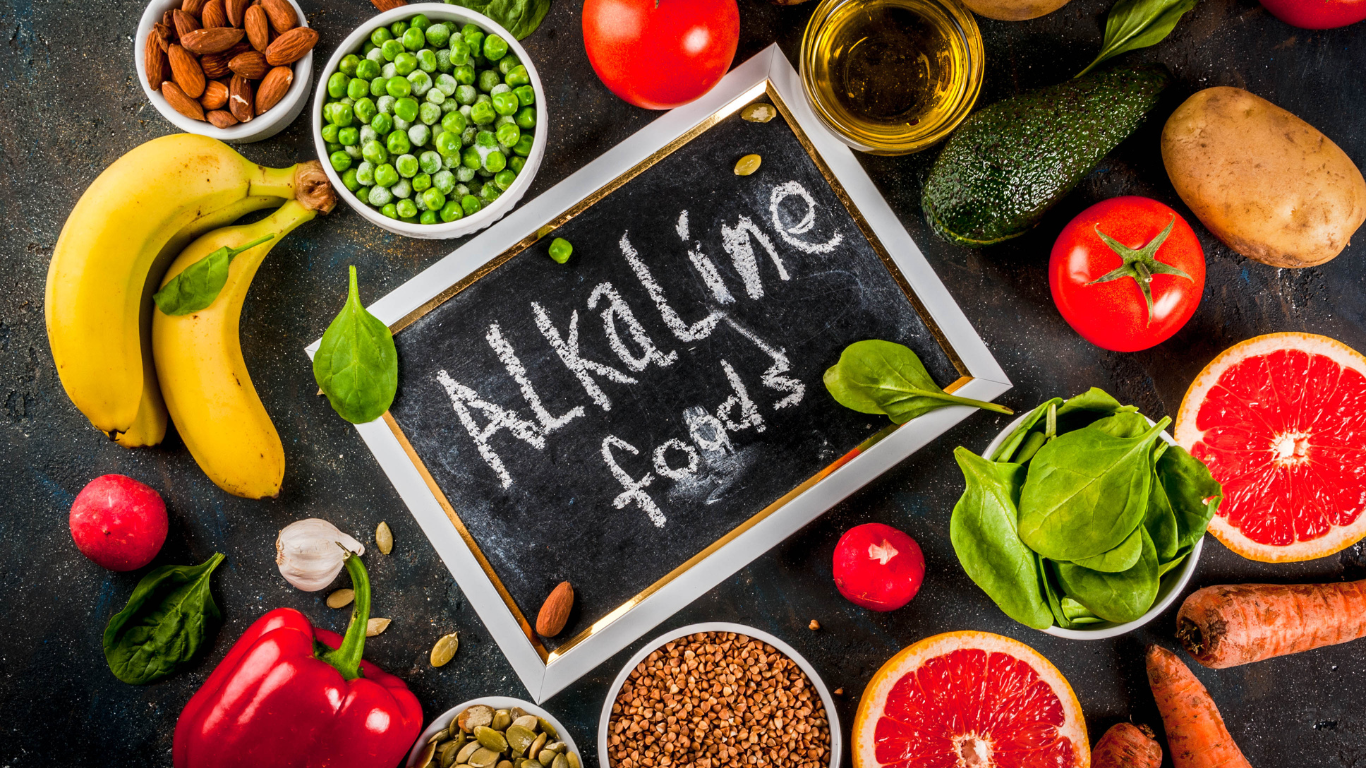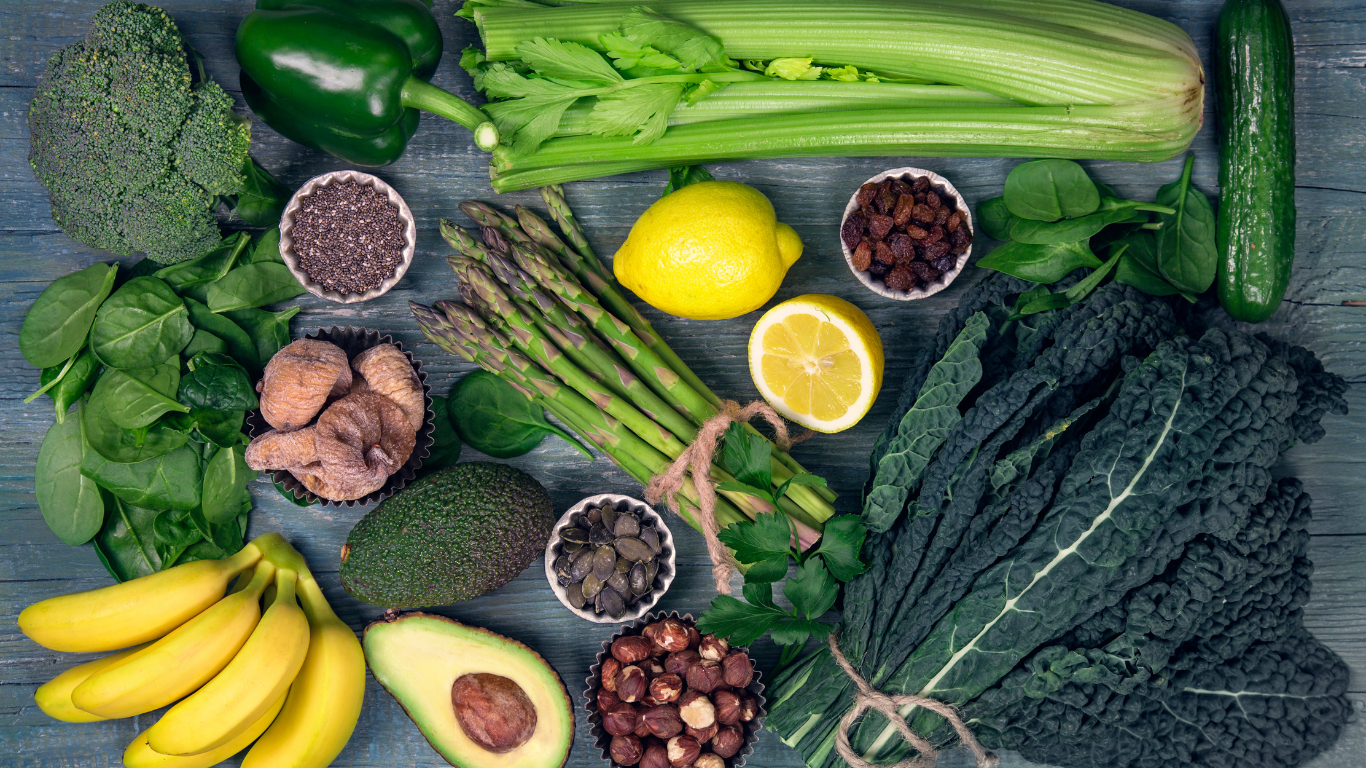The Importance of Vegan Substitutes
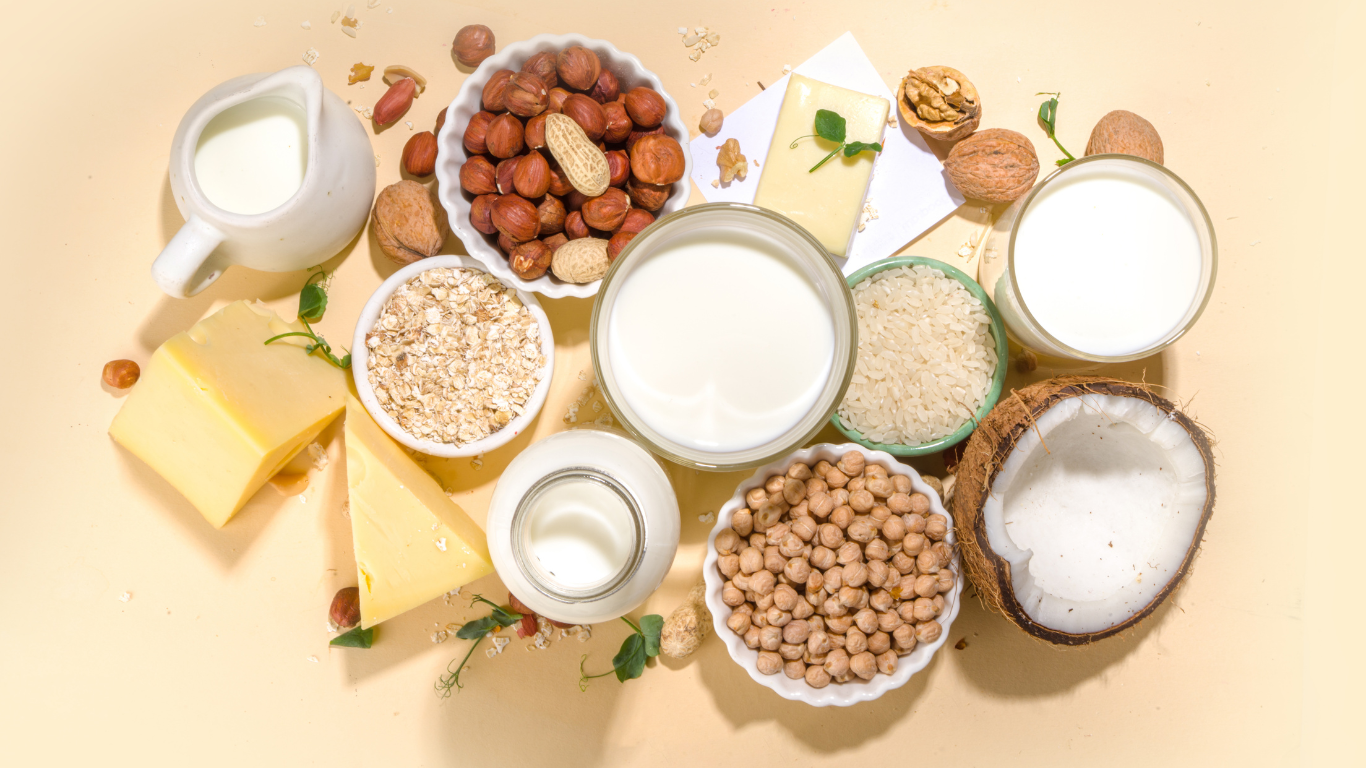
Vegan Substitues 101 The Importance of Vegan Substitutes
Veganism is becoming more popular because it’s good for our health, the planet, and animals. But some people worry about giving up their favorite foods. That’s where vegan substitutes come in. They let us make delicious and nutritious meals without using animal products. This helps us to be kind to animals, the environment, and ourselves. And it’s easy to do! Just try some vegan substitutes and see how good they taste. You might even find a new favorite food!
Dairy Substitutes: Delicious Alternatives for Cheese, Milk, and Yogurt CHEESE SUBSTITUTES
Almond Cheese
Made from almond milk, this cheese is rich in protein and healthy fats. It’s also a great source of calcium, vitamin E, and magnesium.
Almond Cheese Quick, Easy, and Healthy Recipe
Here’s what you’ll need:
2 cups raw almonds
1/4 cup nutritional yeast
1/4 cup lemon juice
1/4 cup water
1 clove garlic
1 tsp salt
Instructions:
1. Soak the almonds in water overnight, or for at least 8 hours.
2. Drain and rinse the almonds.
3. Add the almonds, nutritional yeast, lemon juice, water, garlic, and salt to a food processor or blender.
4. Blend until smooth, scraping down the sides as needed.
5. Transfer the mixture to a cheesecloth-lined strainer and place it over a bowl.
6. Cover the mixture and let it sit at room temperature for 24-48 hours to allow the cheese to ferment and develop flavor.
7. After fermenting, transfer the cheese to a container and store it in the fridge for up to 2 weeks.
Soy Cheese
Soy cheese is a great option for those with nut allergies. It’s made from soy milk and is a good source of protein, fiber, and vitamins.
Soy Cheese Quick, Easy, and Healthy Recipe
Ingredients:
1 cup unsweetened soy milk
1 tablespoon nutritional yeast
1 tablespoon cornstarch
1/2 teaspoon garlic powder
1/2 teaspoon onion powder
1/2 teaspoon salt
Instructions:
1. In a small saucepan, whisk together the soy milk, nutritional yeast, cornstarch, garlic powder, onion powder, and salt until well combined.
2. Place the saucepan over medium heat and stir the mixture continuously until it thickens and becomes stretchy, which should take about 5-10 minutes.
3. Once the mixture has thickened, remove it from heat and let it cool for a few minutes.
4. Once it has cooled slightly, transfer it to a bowl or container and refrigerate until it has fully set, which should take about an hour.
5. Once the soy cheese has set, it is ready to be used in a variety of dishes, such as pizzas, sandwiches, or salads.
Cashew Cheese
This creamy cheese is made from cashews and is rich in healthy fats, protein, and minerals. It’s also a good source of antioxidants and may help lower cholesterol levels.
Cashew Cheese Quick, Easy, and Healthy Recipe
Ingredients:
1 cup raw cashews, soaked in water for at least 2 hours
2 tablespoons nutritional yeast
1 tablespoon lemon juice
1/2 teaspoon garlic powder
1/2 teaspoon onion powder
1/4 teaspoon sea salt
Water (as needed for desired consistency)
Instructions:
1. Drain and rinse the soaked cashews.
2. Add the cashews, nutritional yeast, lemon juice, garlic powder, onion powder, and sea salt to a food processor or high-speed blender.
3. Blend the mixture until it forms a thick and creamy texture. If the mixture is too thick, add a little bit of water at a time until it reaches your desired consistency.
4. Taste the cashew cheese and adjust the seasoning as needed.
Transfer the cashew cheese to a container and store it in the refrigerator for up to a week.
Coconut Cheese
Made from coconut milk, this cheese is a great source of healthy fats and fiber. It’s also rich in vitamins and minerals, including iron and potassium.
Ingredients:
2 cups unsweetened coconut flakes
1/4 cup nutritional yeast
1/4 cup lemon juice
1/4 cup water
1/2 teaspoon sea salt
Instructions:
1. In a food processor, combine the coconut flakes, nutritional yeast, lemon juice, water, and sea salt.
2. Process the ingredients until they are well combined and the mixture is creamy and smooth.
3. If the mixture is too thick, add a little bit more water until it reaches your desired consistency.
4. Transfer the mixture to a container and refrigerate for at least 1 hour to allow it to firm up.
5. Serve and enjoy as a spread, dip, or topping on your favorite dishes.
Milk Substitutes Almond Milk
Almond milk
A popular dairy substitute due to its creamy texture and nutty flavor. It’s also low in calories and high in nutrients like vitamin E and calcium. Try it in creamy pasta sauces, smoothies, or even in baking recipes like muffins and cakes.
How to make Almond Milk
Ingredients:
1 cup raw almonds
4 cups filtered water
1-2 tablespoons sweetener of your choice (optional)
Pinch of salt (optional)
Instructions:
1. Soak the almonds in water overnight or for at least 4 hours to soften them.
2. Drain and rinse the almonds, then add them to a blender with 4 cups of filtered water.
3. Blend on high for 1-2 minutes, or until the mixture is smooth and creamy.
4. Strain the mixture through a nut milk bag or cheesecloth into a large bowl or pitcher.
5. If desired, add sweetener and a pinch of salt to taste and mix well.
6. Transfer the almond milk to a glass jar or bottle and store it in the refrigerator for up to 5 days.
Soy milk
A versatile dairy substitute that works well in many recipes. It’s high in protein and nutrients like calcium, vitamin D, and vitamin B12. Try it in soups, smoothies, or even in your morning coffee.
Oat milk
A delicious and eco-friendly alternative to dairy. It’s low in fat and high in fiber, making it a great option for those looking to maintain a healthy diet. Try it in overnight oats, smoothies, or even in baking recipes like cookies and cakes.
How to make Oat Milk:
Here’s what you’ll need:
1 cup rolled oats
4 cups water
1-2 dates (optional for sweetness)
1 tsp vanilla extract (optional for flavor)
Instructions:
1. Rinse the rolled oats in a fine-mesh strainer and add them to a blender.
2. Add 4 cups of water, 1-2 dates (if using), and 1 tsp vanilla extract (if using) to the blender.
3. Blend on high for about 30 seconds, or until the mixture is smooth and creamy.
4. Strain the oat milk through a fine-mesh strainer or cheesecloth into a bowl or jar.
5. Squeeze the remaining liquid out of the oat pulp with your hands or a spoon.
6. Store the oat milk in a sealed jar or bottle in the fridge for up to 5 days.
Cashew milk
A creamy and delicious dairy substitute that’s perfect for making vegan cheese sauces. It’s high in healthy fats and essential vitamins like vitamin E and magnesium. Try it in creamy soups, sauces, or even in your morning coffee.
How to make Cashew Milk
Ingredients:
1 cup raw cashews
4 cups filtered water
2-3 pitted dates (optional for sweetness)
1 tsp vanilla extract (optional for flavor)
Instructions:
1. Soak the cashews in water for at least 2 hours or overnight.
2. Drain and rinse the cashews.
3. Add the cashews, filtered water, dates (if using), and vanilla extract (if using) to a blender.
4. Blend on high speed for 1-2 minutes until the mixture is smooth and creamy.
5. Strain the mixture through a fine-mesh sieve or cheesecloth to remove any pulp.
6. Store the cashew milk in a glass jar or bottle in the refrigerator for up to 5 days.
Coconut milk
A rich and creamy dairy substitute that’s perfect for making vegan desserts like ice cream or pudding. It’s high in healthy fats and nutrients like potassium and iron. Try it in curries, smoothies, or even in baking recipes like brownies and cakes.
Rice milk
A dairy substitute that’s perfect for those with allergies or intolerances to soy, nuts, or dairy. It’s low in fat and high in carbohydrates, making it a great option for those looking to maintain a healthy weight. Try it in cereal, smoothies, or even in baking recipes like pancakes and waffles.
How to make Rice Milk
Ingredients:
1 cup of uncooked rice
4 cups of water
1-2 tablespoons of maple syrup or agave nectar (optional)
1 teaspoon of vanilla extract (optional)
Instructions:
1. Rinse the rice under cold water and place it in a pot with 4 cups of water.
2. Bring the water to a boil and then reduce the heat to a simmer.
3. Cover the pot and let the rice cook for about 20-25 minutes, or until it’s soft and tender.
4. Drain the excess water and let the rice cool for a few minutes.
5. Transfer the rice to a blender and add 3 cups of water.
6. Blend the mixture on high speed until it’s smooth and creamy.
7. If desired, add maple syrup or agave nectar and vanilla extract to sweeten the rice milk.
8. Strain the rice milk through a fine mesh strainer or cheesecloth to remove any rice pulp.
9. Transfer the rice milk to a jar or container and store it in the refrigerator for up to 5 days.
Yogurt Substitutes Soy Yogurt
Soy yogurt is a great alternative to traditional yogurt. Made from soy milk, it’s high in protein and calcium. It’s also low in fat and calories, making it a great choice for those watching their waistlines. Soy yogurt is available in a variety of flavors, from classic vanilla to fruity blends like strawberry and blueberry.
Coconut Yogurt
Coconut yogurt is another great dairy substitute that’s perfect for those who are lactose intolerant or vegan. Made from coconut milk, it has a creamy texture and a slightly sweet, nutty flavor. It’s also high in healthy fats and contains probiotics, which are great for digestive health.
Almond Yogurt
Almond yogurt is a tasty and nutritious alternative to traditional yogurt. Made from almond milk, it’s low in calories and fat, but high in protein and fiber. It also contains probiotics, which are great for maintaining a healthy gut.
Cashew Yogurt
Cashew yogurt is a creamy and delicious alternative to dairy yogurt. Made from cashew milk, it’s high in healthy fats and protein. It’s also a good source of vitamins and minerals, including calcium, magnesium, and vitamin E.
Oat Yogurt
Oat yogurt is a tasty and nutritious alternative to dairy yogurt. Made from oat milk, it’s high in fiber and protein, but low in fat and calories. It also contains probiotics, which are great for digestive health.
Hemp Yogurt
Hemp yogurt is a great alternative to dairy yogurt for those who are looking for a plant-based option. Made from hemp milk, it’s high in protein, omega-3 fatty acids, and other essential nutrients. It’s also gluten-free and contains probiotics, which are great for maintaining a healthy gut.
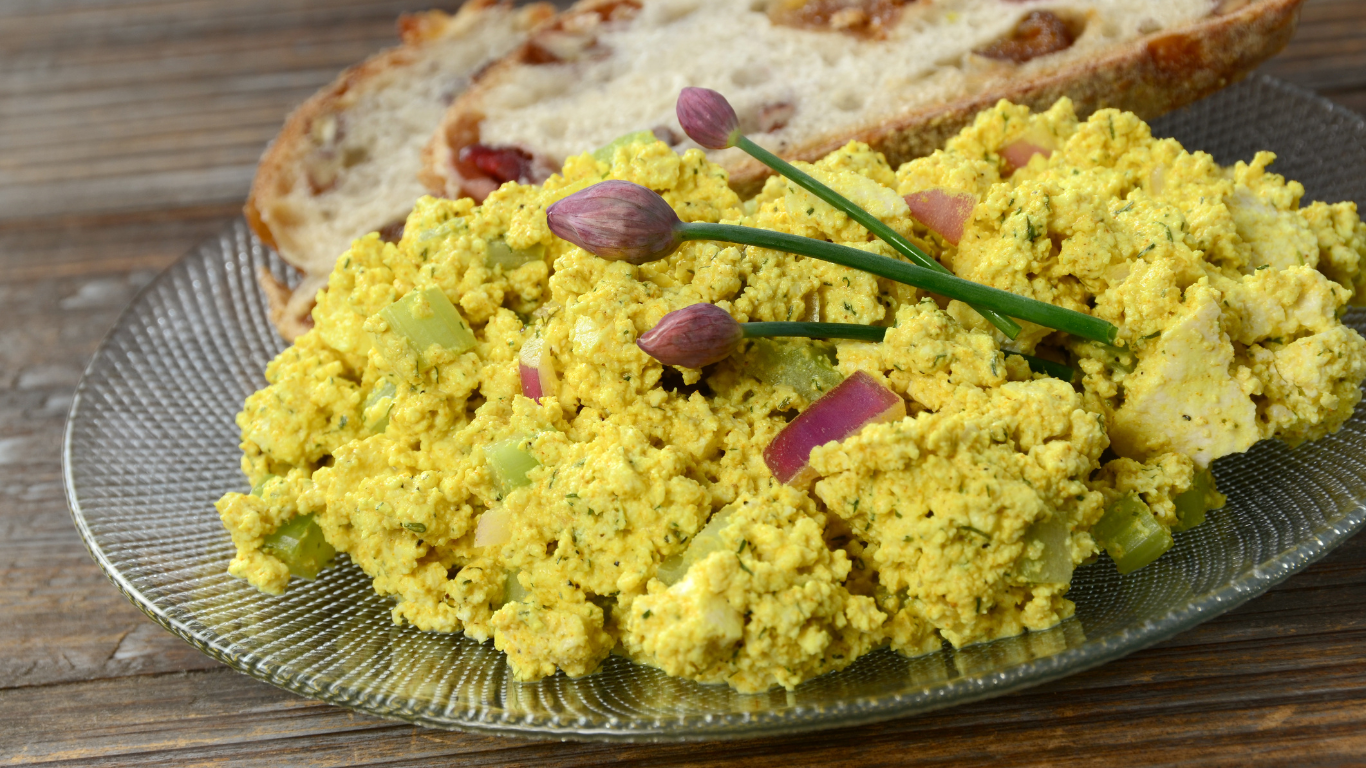
5 Egg Substitutes
Eggs are a common ingredient in baking, but they’re not always suitable for everyone. Whether you’re vegan, allergic to eggs, or simply want to reduce your consumption of animal products, there are plenty of egg substitutes that can work just as well as the real thing. In this blog, we’ll explore five of the best egg substitutes for baking, and show you how to use them in your favorite recipes.
Applesauce
- Applesauce is a great egg substitute for cakes, muffins, and other baked goods that require moisture. Replace one egg with 1/4 cup of unsweetened applesauce to keep your baked goods moist and fluffy.
Mashed Bananas
2. Mashed bananas are an excellent egg substitute for recipes that call for a lot of moisture and binding power. Simply replace one egg with 1/4 cup of mashed bananas to add a subtle sweetness and a moist texture to your baked goods.
Silken Tofu
3. Silken tofu is a versatile egg substitute that can be used in a wide range of baked goods, from cakes to quiches. Replace one egg with 1/4 cup of pureed silken tofu to add protein and moisture to your baked goods.
Yogurt
4. Yogurt is a great egg substitute for recipes that require acidity and moisture. Replace one egg with 1/4 cup of plain, unsweetened yogurt to add a tangy flavor and a fluffy texture to your baked goods.
Flaxseed Meal
5. Flaxseed meal is a popular vegan egg substitute that can be used in a wide range of recipes. Mix 1 tablespoon of flaxseed meal with 3 tablespoons of water to replace one egg in your favorite baked goods. Flaxseed meal adds a nutty flavor and a chewy texture to your baked goods.
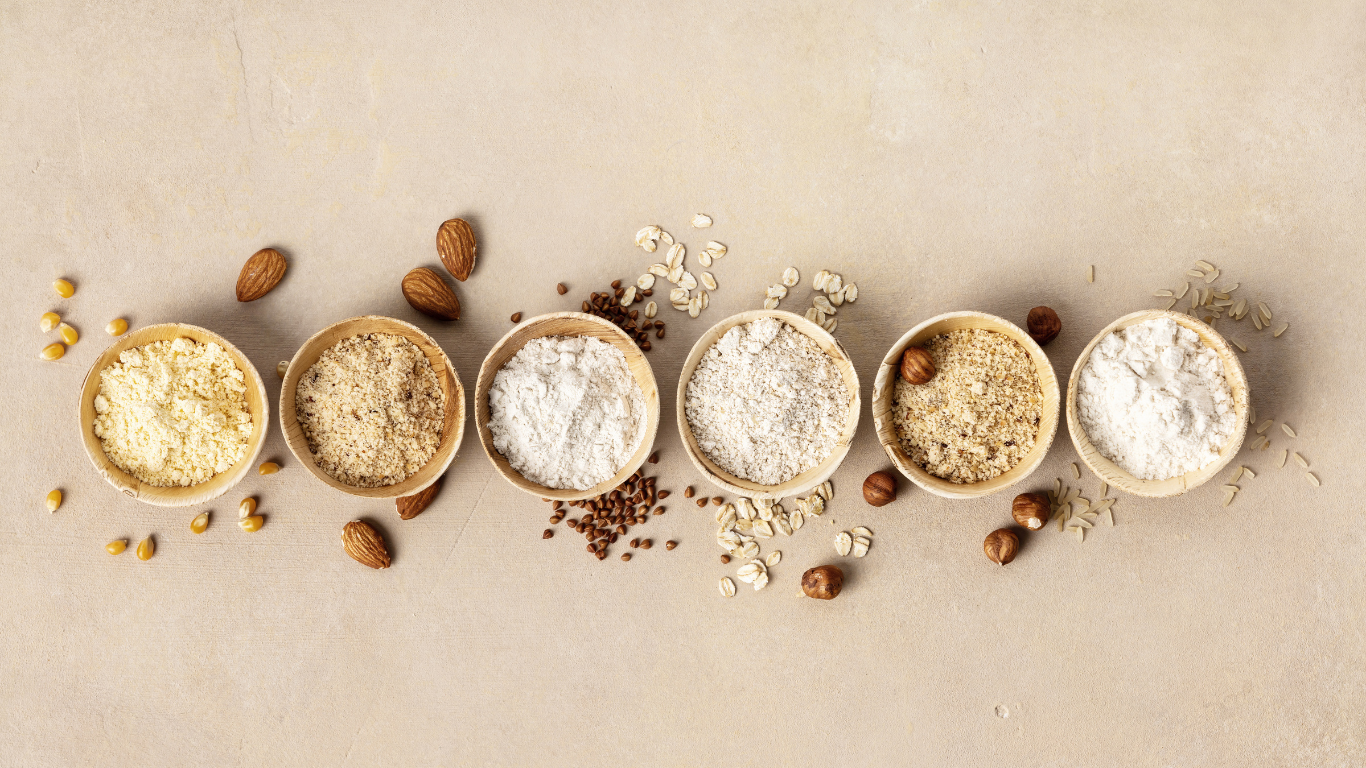
GLUTEN-FREE FLOUR SUBSTITUTES
Gluten-free flour substitutes are a great way to diversify your baking and add new flavors and textures to your favorite recipes. Here are some options to consider:
Almond Flour
1. Made from ground almonds, almond flour is a popular gluten-free flour substitute. It’s low in carbohydrates and high in healthy fats, making it a great option for those on a low-carb or ketogenic diet. It’s also a great source of vitamin E, magnesium, and fiber.
Coconut Flour
2. Made from ground coconut meat, coconut flour is another popular gluten-free flour substitute. It’s high in fiber and protein, making it a great option for those looking to increase their protein intake. It also has a slightly sweet flavor, making it a great option for baking.
Chickpea Flour
3. Made from ground chickpeas, chickpea flour is a great gluten-free flour substitute for savory dishes. It’s high in protein and fiber, making it a great option for vegetarians and vegans. It has a slightly nutty flavor that pairs well with spices and herbs.
Buckwheat Flour
4. Despite its name, buckwheat flour is gluten-free and has a slightly nutty flavor. It’s high in fiber, protein, and antioxidants, making it a great option for those looking to boost their nutrient intake.
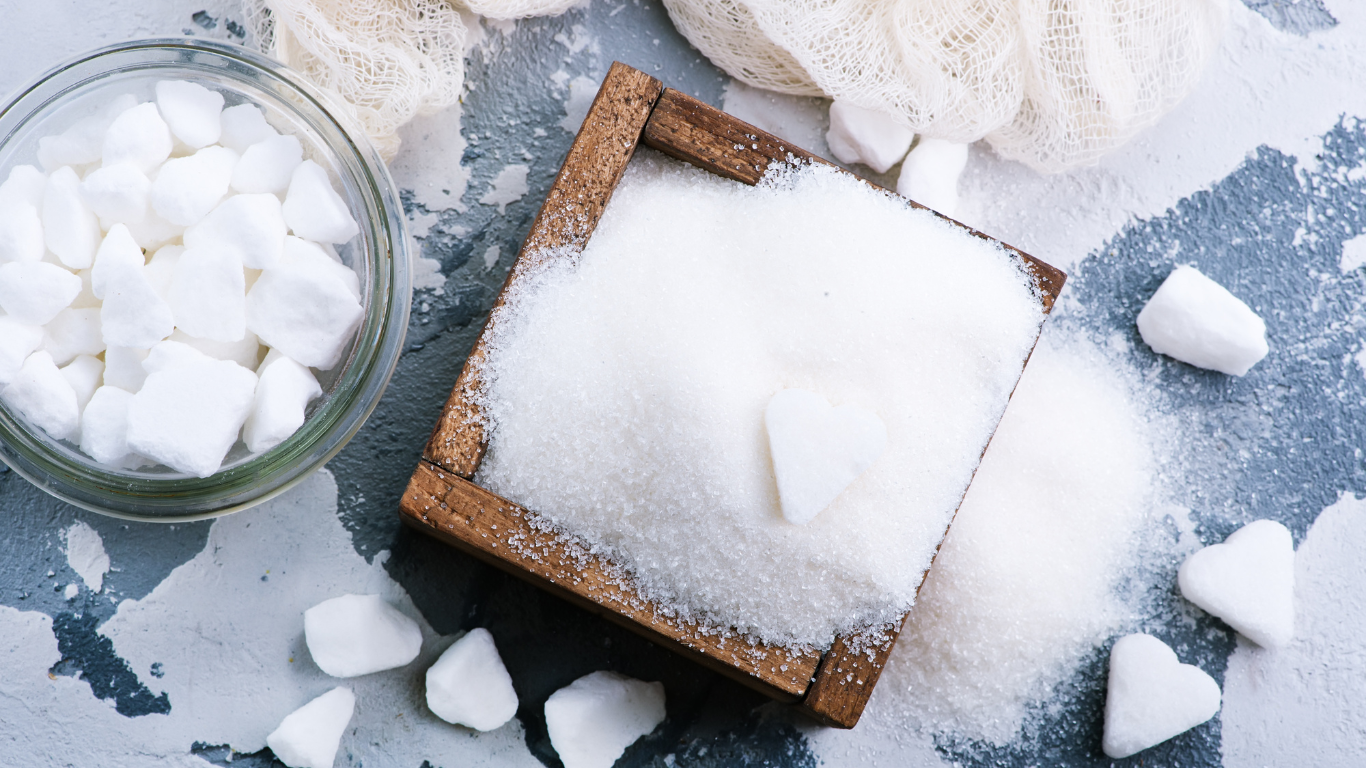
Sugar Substitutes
If you’re someone who is trying to follow a vegan lifestyle or simply looking to reduce your intake of refined sugar, vegan sugar substitutes are a great option to consider. Here are some options to consider:
Coconut Sugar
1. Coconut sugar is made from the sap of coconut palms and has a caramel-like flavor. It’s low on the glycemic index, making it a great option for those looking to control their blood sugar levels. It’s also high in potassium, magnesium, and iron, making it a healthier alternative to refined sugar.
Agave Nectar
2. Agave nectar is made from the sap of agave plants and has a similar texture and sweetness to honey. It’s low on the glycemic index and contains a range of vitamins and minerals, making it a great option for those looking to improve their overall health.
Maple Syrup
3. Maple syrup is made from the sap of maple trees and has a rich, sweet flavor. It’s high in antioxidants and contains a range of vitamins and minerals, making it a great alternative to refined sugar.
Date Sugar
4. Date sugar is made from ground up dates and has a similar texture to brown sugar. It’s low on the glycemic index and contains a range of vitamins and minerals, making it a healthy alternative to refined sugar.
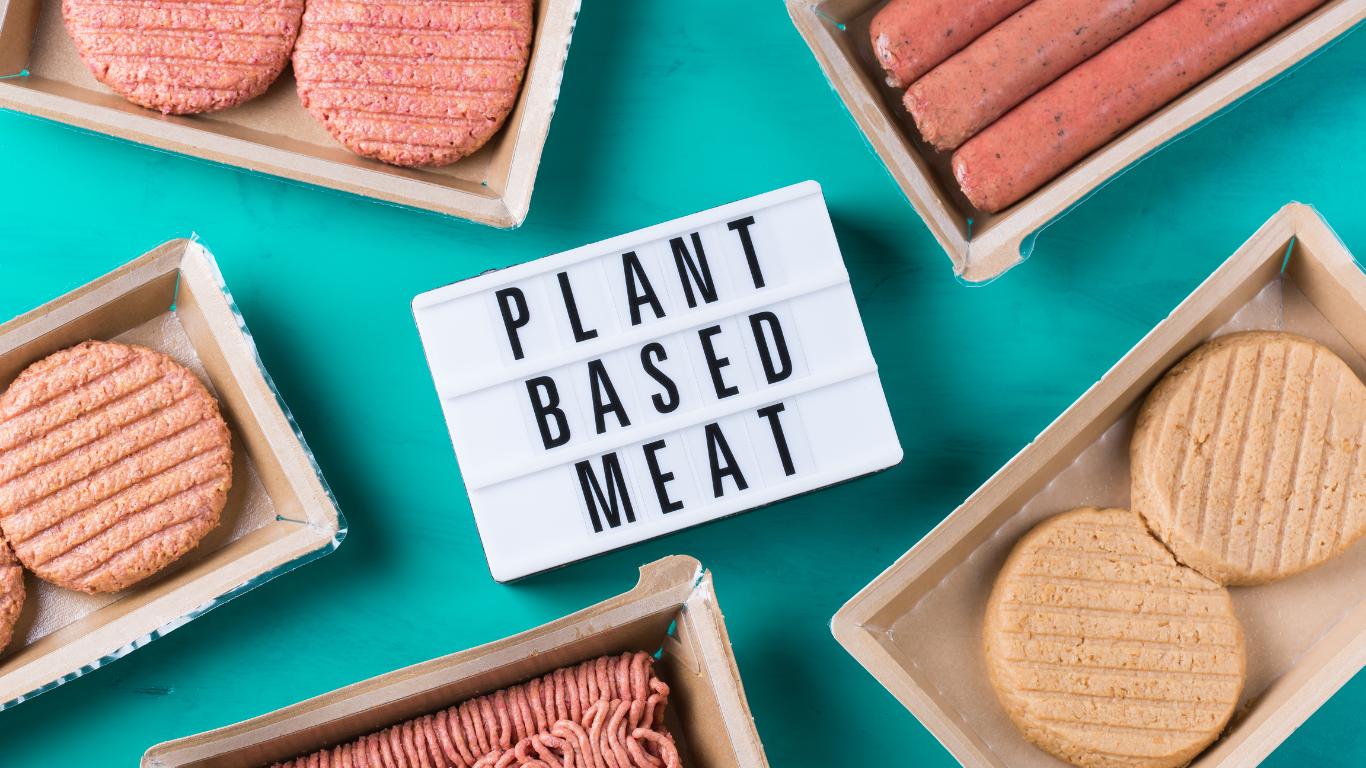
MEAT SUBSTITUTES
Vegan meat substitutes are a great way to enjoy the flavors and textures of meat without the animal products. Here are some options to consider:
1. Made from wheat protein, seitan is a vegan meat substitute that has a meaty texture and can be used in a variety of dishes. It’s high in protein, low in fat, and a good source of iron.
Tofu
2. Made from soybeans, tofu is a versatile vegan meat substitute that can be used in a variety of dishes. It’s high in protein, low in fat, and a good source of calcium and iron.
Tempeh
3. Made from fermented soybeans, tempeh is a vegan meat substitute that has a nutty flavor and firm texture. It’s high in protein, fiber, and nutrients such as calcium and iron.
Jackfruit
4. Native to South and Southeast Asia, jackfruit has a meaty texture and can be used as a vegan meat substitute in savory dishes such as tacos or pulled “pork.” It’s low in calories, high in fiber, and a good source of vitamin C and potassium.
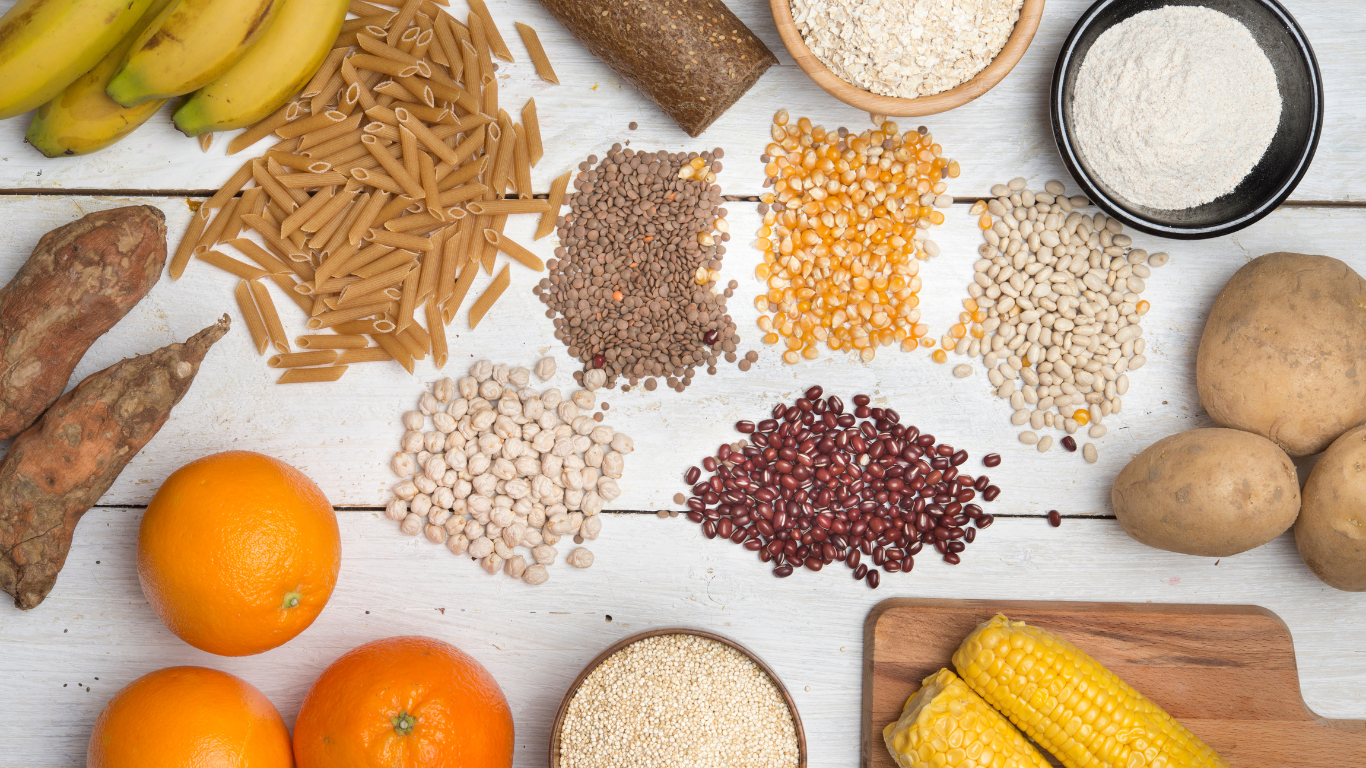
Vegetable Substitutes for carbs
Cauliflower Rice
Made by grating cauliflower, cauliflower rice is a great substitute for traditional rice. It’s low in carbs and calories and high in fiber and nutrients like vitamin C and K.
Zucchini Noodles
Also known as zoodles, zucchini noodles are a great substitute for pasta. They’re low in carbs and calories and high in fiber, vitamin C, and potassium. They also have a similar texture to traditional noodles, making them a great substitute in any pasta dish.
Spaghetti Squash
Spaghetti squash is a great substitute for traditional pasta. When cooked, the flesh of the squash separates into thin strands that resemble spaghetti. It’s low in carbs and calories and high in fiber, vitamin C, and potassium.
Sweet Potato Toast
Instead of traditional bread, try using sweet potato slices as a base for your toast. Sweet potatoes are high in fiber, vitamin A, and potassium, making them a great substitute for traditional bread.
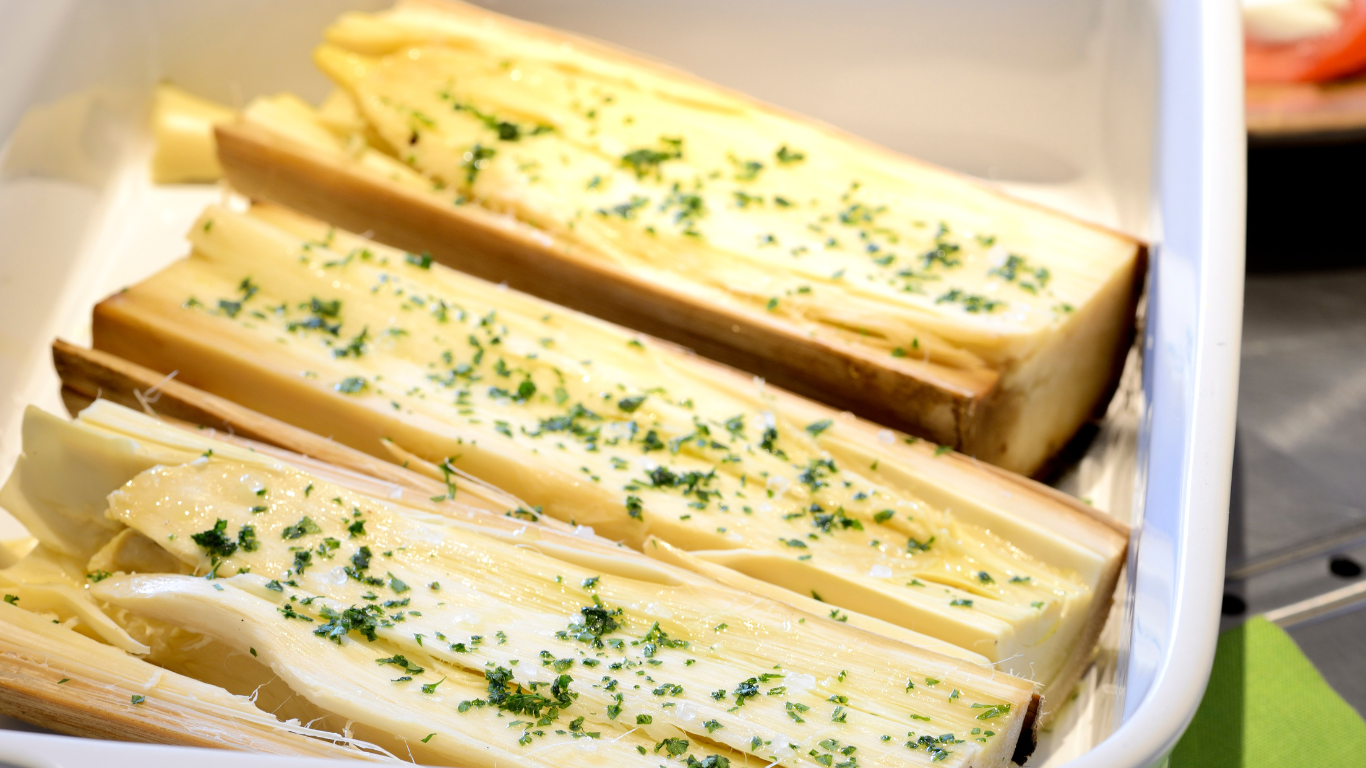
SEAFOOD SUBSTITUTES
Seafood substitutes are a great way to enjoy the flavors and textures of seafood without harming animals or the environment. Here are some options to consider:
Hearts of Palm
1. Hearts of palm have a similar texture to crab meat and can be used in a variety of dishes, such as crab cakes and seafood salads. They’re low in calories and fat, making them a healthy option.
Seitan
2. Made from wheat gluten, seitan has a chewy texture that is similar to squid or octopus. It’s high in protein and can be used in dishes such as vegan sushi rolls and seafood stews.
King Oyster Mushroom
3. King oyster mushrooms have a firm texture that is similar to scallops. They can be sliced and sautéed, or used in dishes such as vegan clam chowder.
Nori Sheets
4. Nori sheets are made from dried seaweed and can be used to make vegan sushi rolls and wraps. They provide a slightly salty and oceanic flavor that is reminiscent of seafood.
Interested in the Lifestyle?
If you’re interested in eating more plant-based foods, vegan substitutes are a great option. By replacing meat, dairy, and other animal products with plant-based alternatives, you can enjoy a wide range of delicious and nutritious foods without sacrificing taste or texture. Plus, choosing vegan substitutes can also help reduce your impact on the environment and support animal welfare.
Some popular vegan substitutes include tofu, tempeh, almond milk, and cashew cheese, among many others. These alternatives offer a variety of health benefits and can be used in a wide range of recipes.
By incorporating vegan substitutes into your meals, you can diversify your diet, reduce your impact on the environment, and promote more ethical and compassionate food choices. So, next time you’re looking to try something new in the kitchen, give vegan substitutes a try and see how they can add new flavors and textures to your favorite dishes.
